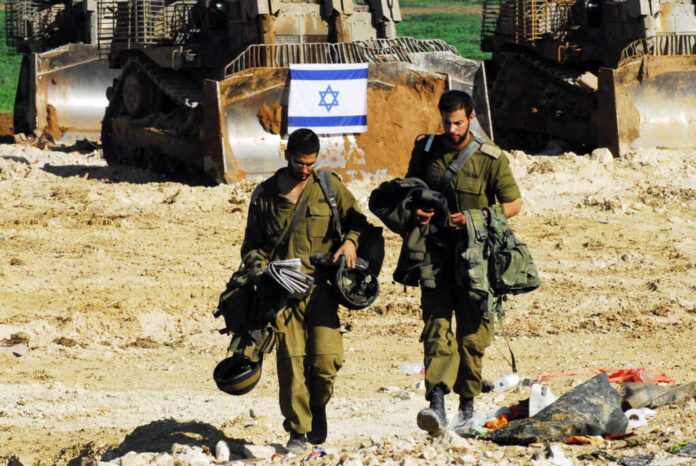
Reports from the Middle East this week indicate Israel has carried out covert attacks on two major Iranian natural gas pipelines. The action appears to have disrupted heat and cooking gas supplies to millions of Iranian homes and buildings.
The blasts, occurring in the Fars and Chahar Mahal Bakhtiari provinces, are part of an expansion of hostilities that have historically focused on military and nuclear sites. This new front in the covert war signifies Israel’s capacity to strike at Iran’s civilian infrastructure.
Iran’s Oil Minister, Javad Owji, referred to the incidents as “sabotage and terrorist actions,” suggesting that the attacks were aimed at crippling Iran’s energy sector and stirring domestic unrest. Iran’s state media issued reports claiming gas service was quickly restored. However, posts on social media by residents and observers suggest the impact of the attacks was more severe than the government reported.
Israel carried out covert attacks on two major gas pipelines inside Iran this week according to two Western officials and a military strategist affiliated with Iran’s Revolutionary Guards Corps. https://t.co/duvntGkpZP
— New York Times World (@nytimesworld) February 16, 2024
The operations against the pipelines required in-depth knowledge of Iran’s infrastructure and precise coordination, indicating a significant intelligence capability for the attackers.
Iran, meanwhile, has been involved in various regional conflicts, supporting groups like Hamas, Hezbollah, and the Houthis in Yemen. The proxy militias have been at the forefront of numerous attacks against Israeli and American personnel and assets.
The attacks on Iran’s natural gas pipelines and a separate incident at a chemical plant underscore the growing tensions between Israel and Iran. The latter has faced challenges, from internal protests to economic sanctions. Yet, Iran continues to assert its influence in the region through its network of allied militias, challenging both U.S. and Israeli interests.
The complexity and scale of the pipeline attacks suggest a well-coordinated effort, likely requiring inside assistance. This has led to speculation about the presence and effectiveness of Israeli intelligence operations within Iran. The incidents have exposed significant vulnerabilities in Iran’s energy infrastructure, which, according to energy analysts, is difficult to secure due to its extensive and exposed network.
As tensions continue to rise, the international community watches closely. The recent strikes not only represent a significant escalation in the covert war between Israel and Iran but also highlight the fragility of regional stability. The ongoing conflict, characterized by covert operations and proxy warfare, shows no signs of abating, posing a continuous challenge to peace efforts in the Middle East.













